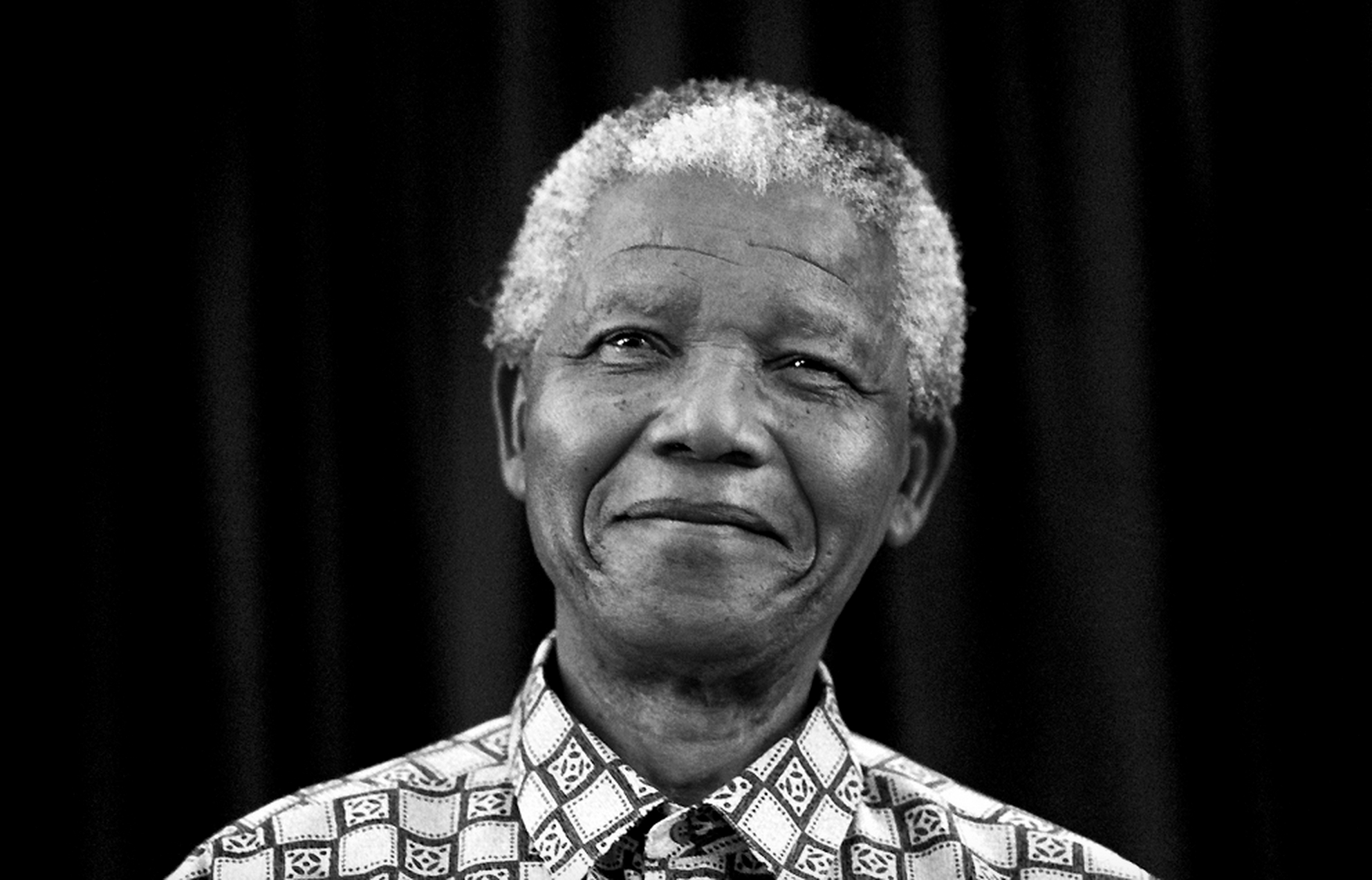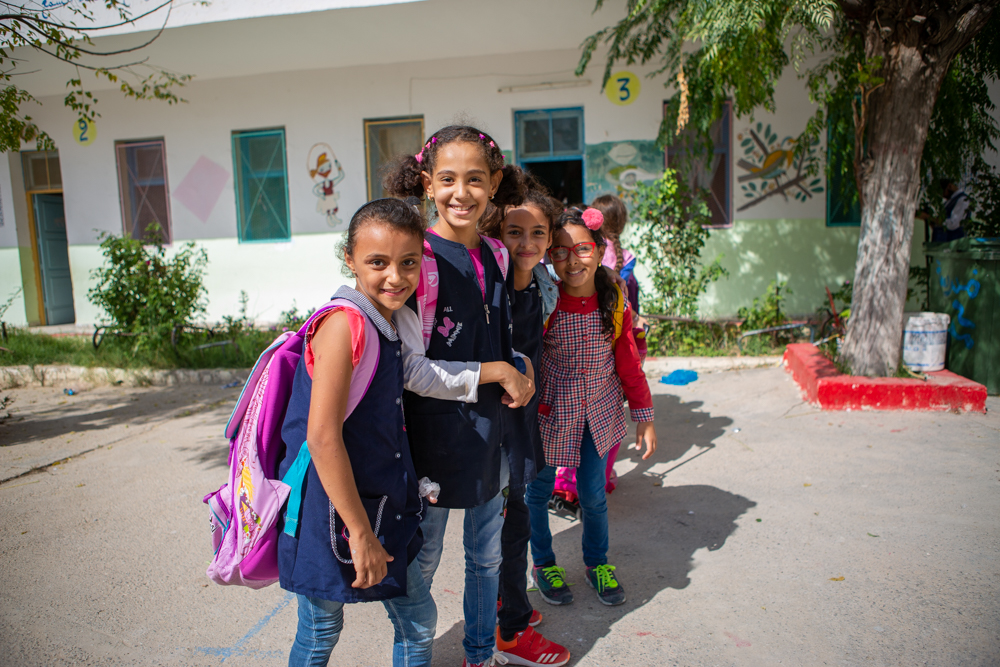For Myanmar Refugees in Bangladesh, Dignity Matters
The following first-hand account is written by an Islamic Relief USA staff member who visited IRUSA relief projects for refugees from Myanmar in Bangladesh.

During a visit to Kutapalong camp in Cox Bazar, Bangladesh, I sat in a shelter made of straw and bamboo that housed multiple families. Everyone there had fled violence and conflict in Myanmar a year earlier, leaving behind their homes, possessions, and family members. Everyone had lost a spouse, a child, parents, or siblings. The trauma and pain each refugee now lives with is unthinkable: acts of genocide took place before their own eyes, destroying everything they held dear. Everyday, they are reminded of this devastating loss. Moving on is something they know they must do, yet living in squalid conditions and restricted rights and freedoms in the largest refugee camp in the world doesn’t exactly inspire the courage to pick oneself up.
I spoke with a young woman, in her late 20s, seated beside her daughter who was no more than 5 or 6 years old. She told us of the horrors of watching her husband be shot to death by security forces, who then brutally slit his throat as she looked on. Her mother was also killed; the woman had no choice but to flee for her life. Thankfully, she was able to carry her daughter with her, but wasn’t able to take anything else but the clothes on their back. She walked for three days to reach the border before being given shelter in the Kutapalong camp.
As she told me this story, I remembered reading about the high numbers of women that are sexually assaulted and raped by security forces, who fled after being attacked, still wearing the same dress they were raped in. The only possession they had left now reminds them daily not of the life they lived and their memories of home, but the pain and suffering they experienced that disrupted everything they once knew.
The young woman told me that her daughter would cry and complain, begging for new clothes. Eid was approaching, and they had been in the camp for one whole year. Yet she was unable to provide her daughter with the simple gift of a new dress to celebrate the occasion.
I’ll never forget this story, because it reminds me of what it means to treat others with humanity. Dignity and care in crises is focused mainly on the most basic life-saving services and provisions: food, water, shelter, and healthcare. Clothing is low on the list.
In a place like Cox Bazar, where resources are stretched and many are forced to go with little to nothing to survive, the basic essentials are all one can even hope for. Everyone I spoke to in that camp was thankful that at least they were safe, and their lives were not in danger. Not a single person I met was happy to live in that camp—each and every person longed to return home, to be able to live in peace in their own country. As time passes, it seems less likely this will ever be the case.

Recent humanitarian reports of separation and isolation of minorty groups in Myanmar make it seem impossible for integration to ever happen again. Communities of Buddhists and Muslims lived together for generations, in peace, but the atrocities and hatred that have devastated these villages may prove too severe to overcome. Wounds will heal, but the scars will always remind them of the betrayal they faced in their native homes.
What can we as humanitarians do when the issues faced run so deep? As outsiders to the crisis, we feel compassion for those who are suffering, but our ability to push for systemic change in a different society is limited. Ultimately, this change has to come from within. Any group of people undergoing a humanitarian crisis needs to be supported to advocate for themselves to overcome the hurdles they face. But first, they need basic support to get through their current, pressing hardship—to do so, they must be kept alive.
That is how we make our contribution. We continue to support their needs in the camps, and go beyond just basic services to cover any other needs that are expressed.
After speaking with this particular young woman, I consulted with our teams to design care packages that would support the refugees’ needs that were being overlooked. With the resources we have, Islamic Relief USA is now providing new clothing for all members of the household, new sleeping mats, solar lights, female hygiene kits, and cooking fuel to over 5,800 families in Cox Bazar. These care packages cost around $150 each, which is a meager price considering the tremendous value these items have in providing protection and showing how much we honor these refugees as dignified human beings.
Islamic Relief also continues to distribute food according to cultural preferences, which is met with great appreciation. Everyone we spoke to was very grateful that they were given food that they were used to eating, not something alien and unusual for them. These seemingly small considerations for how to tailor development programs truly make a big difference.
We should continue to take care of the larger needs of refugees and those in humanitarian crises, while also paying attention to the smaller details that can really show how much we value the lives and dignity of each individual we serve.



